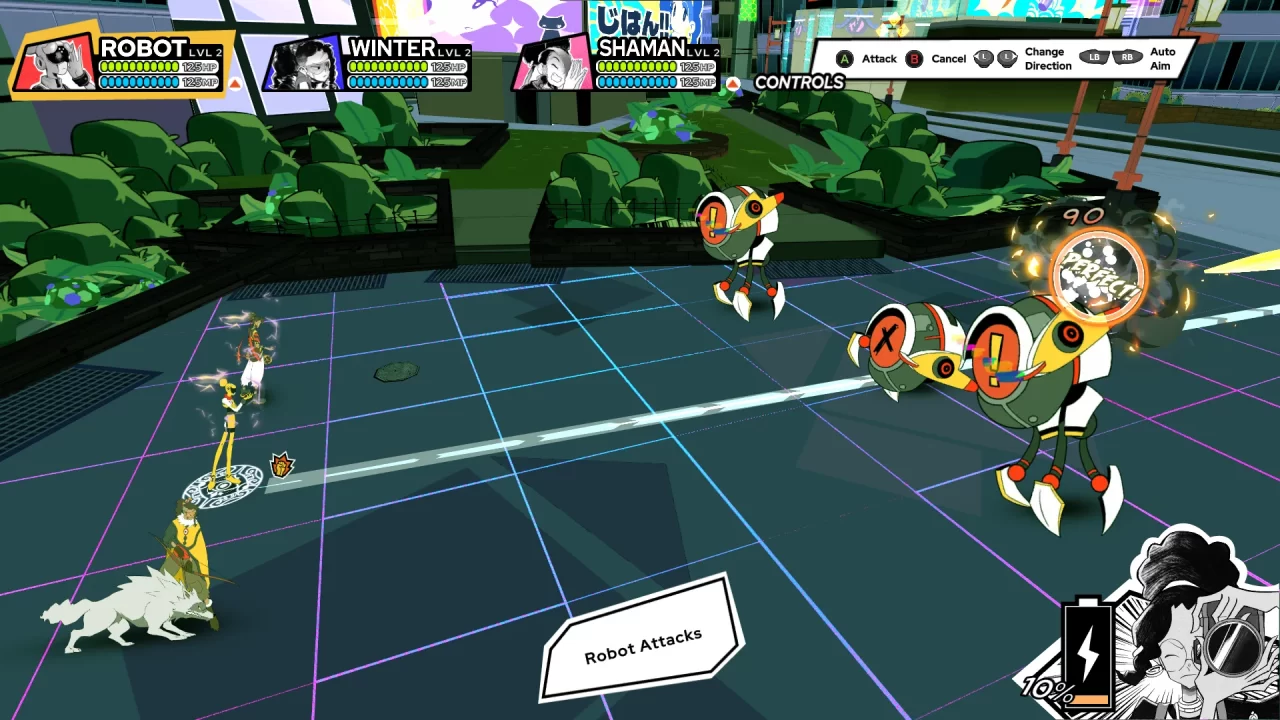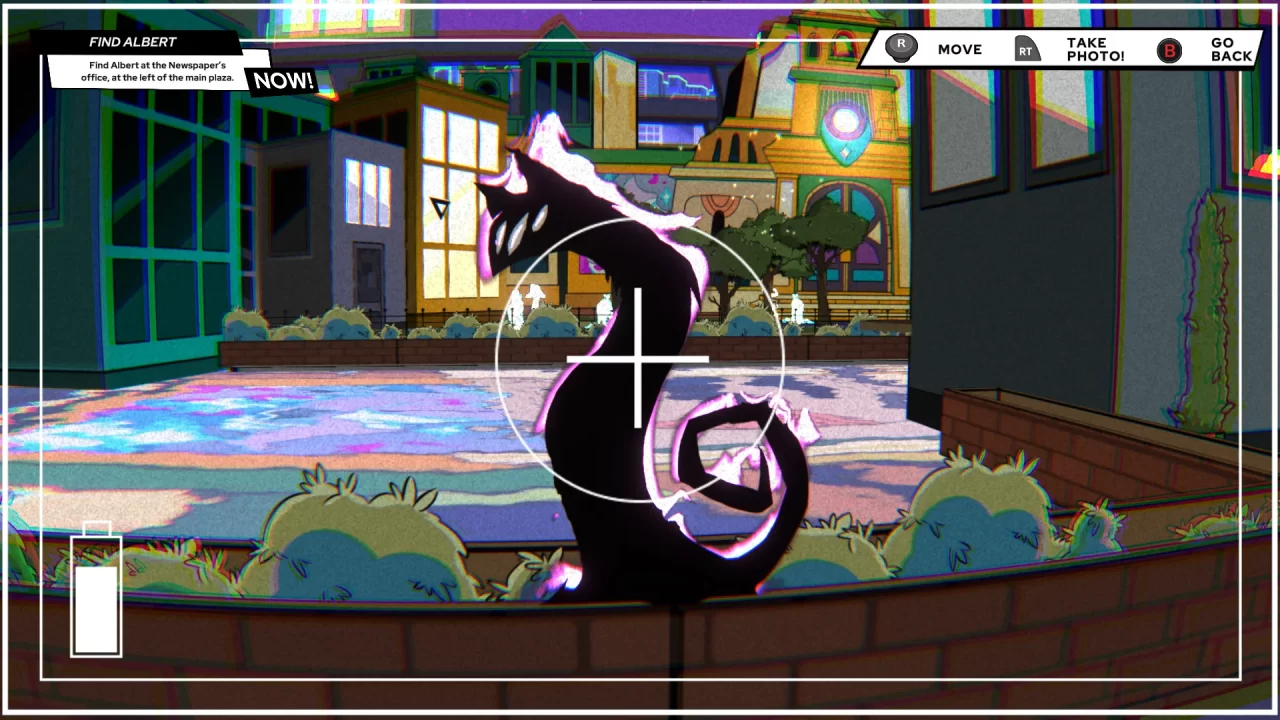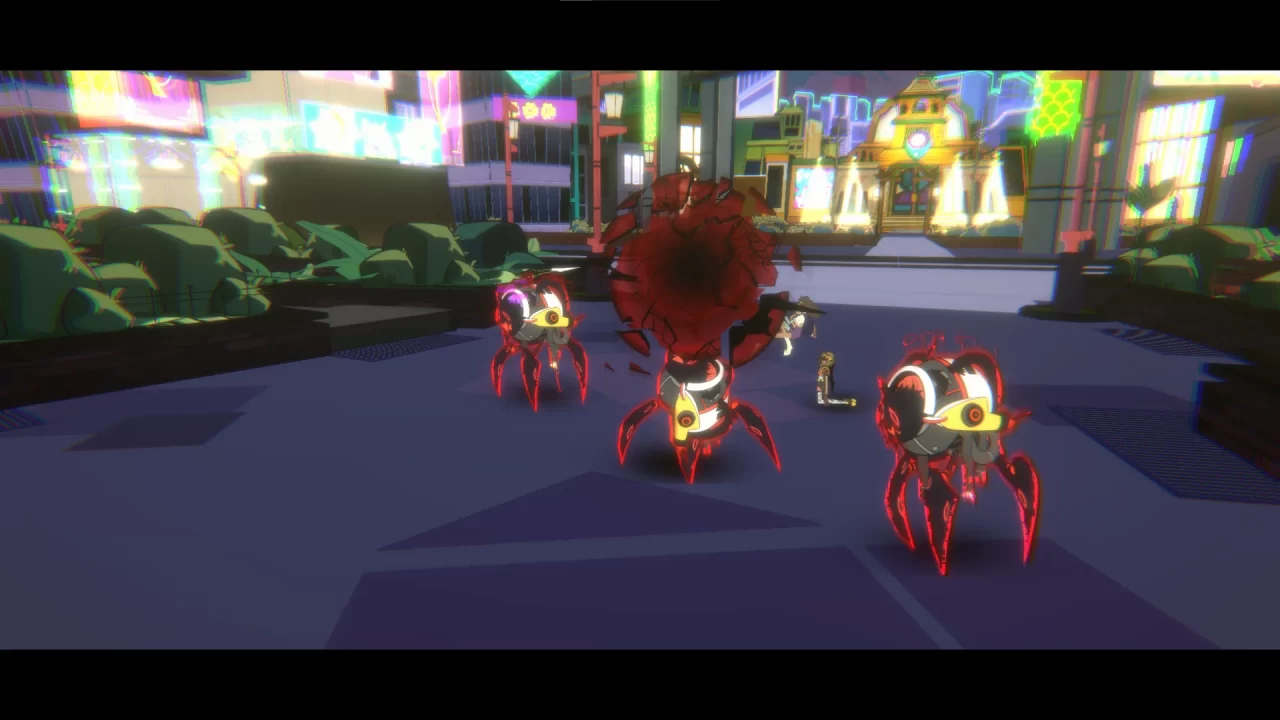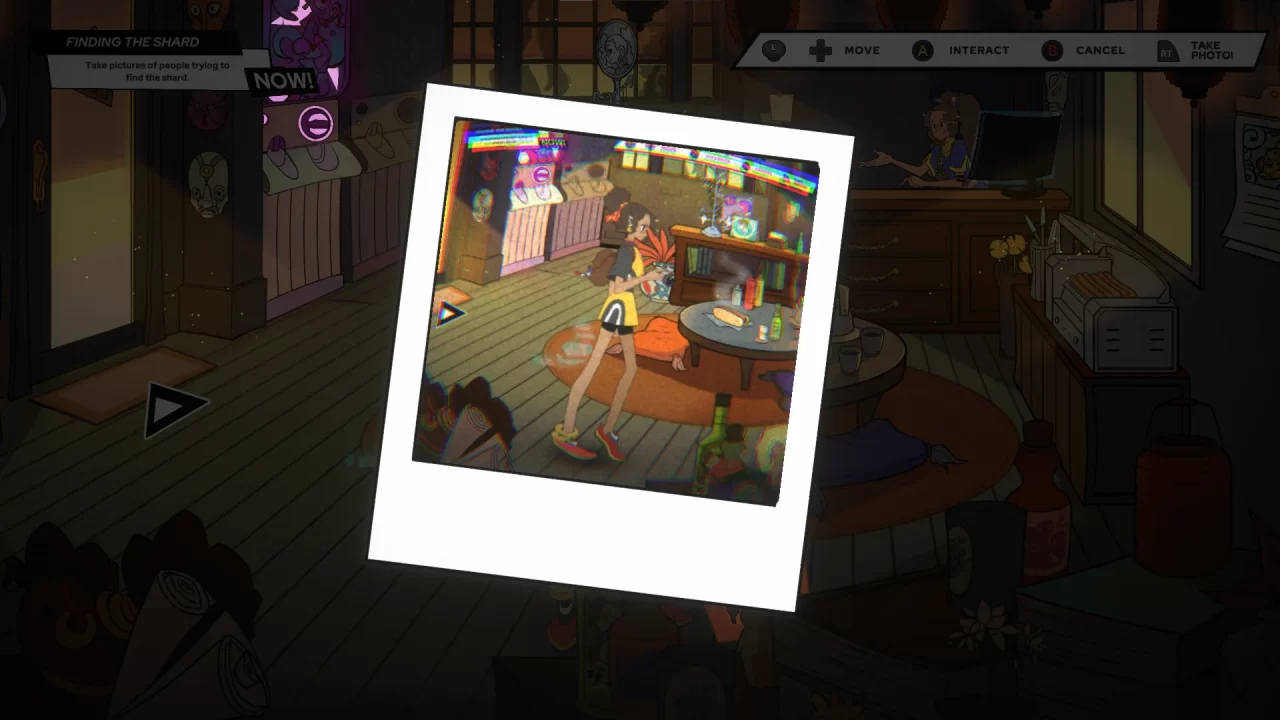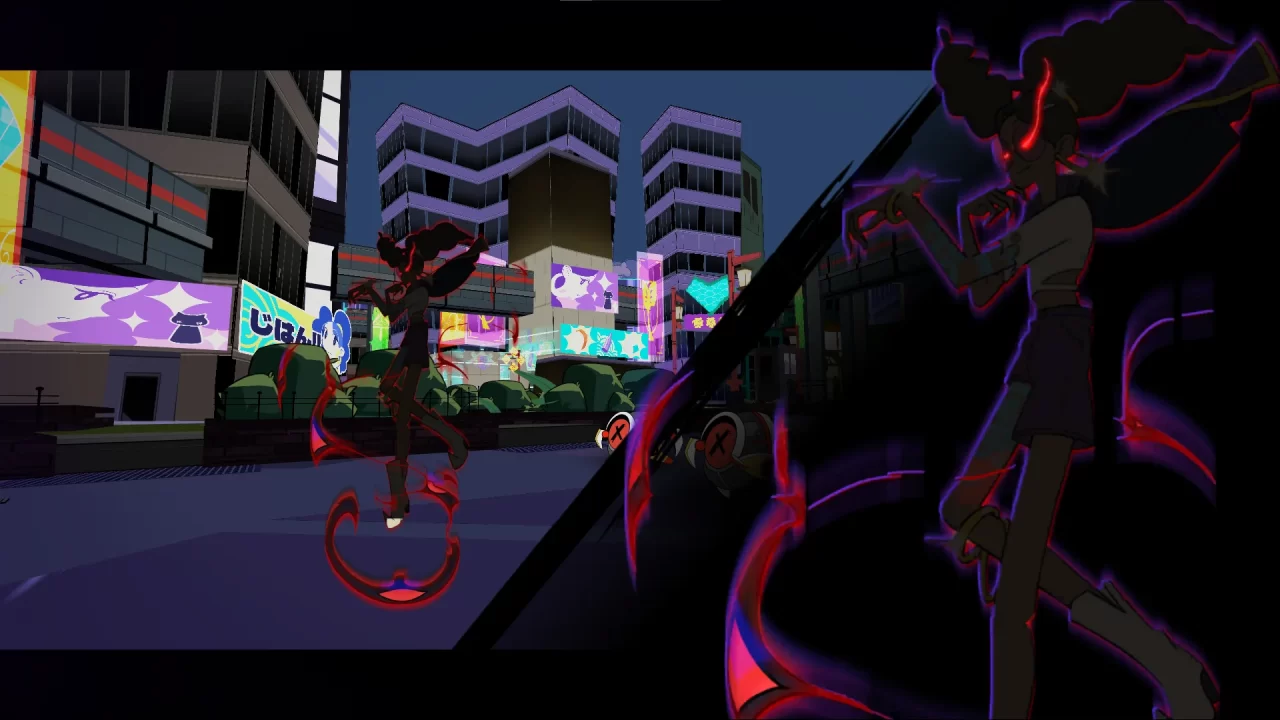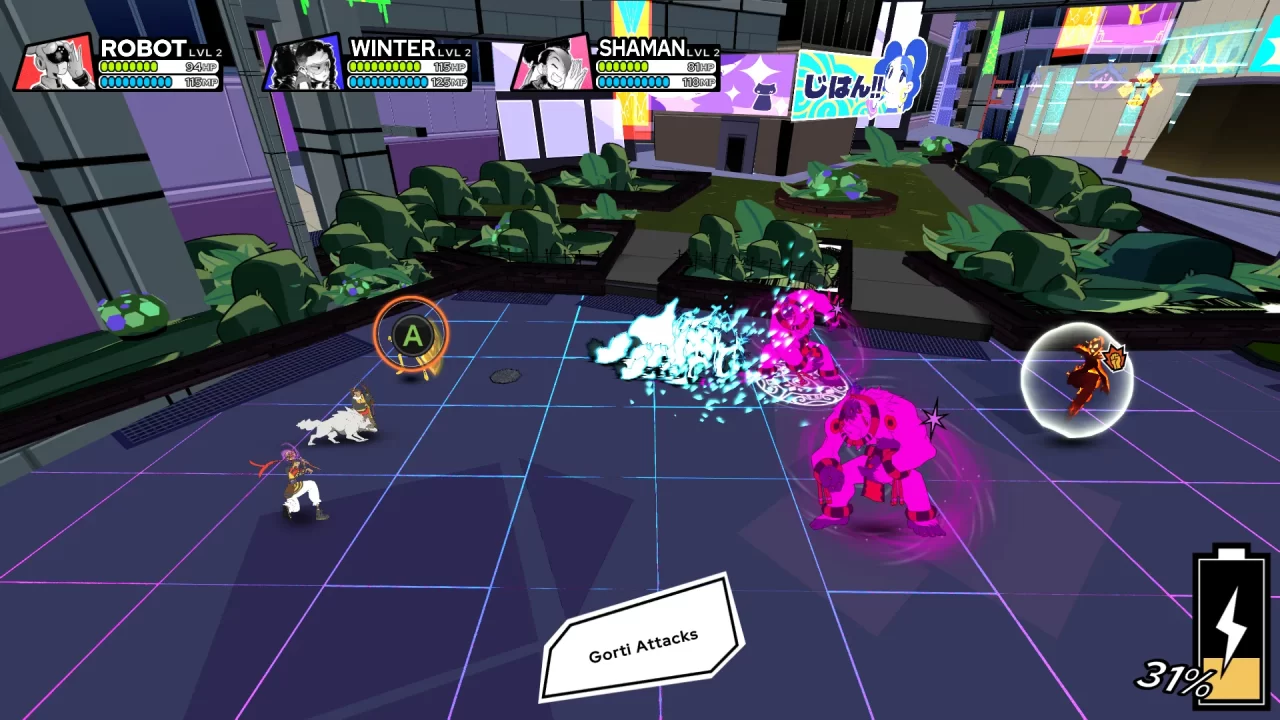Prisma Preview – Beyond the Boundaries of Time and Space


Imagine a world where every person you meet is another version of you. They share your face but not your goals, your voice, but not your intentions. Some are allies, others adversaries, but none of them are truly strangers.
As someone who loved the artistic creativity of Cris Tales, I was eager to see where the team would go next. Prisma, its spiritual successor, surpassed all my expectations, taking everything that worked in Cris Tales and expanding on them in bold, new ways. I attended a preview presentation, during which director Carlos Rocha unveiled a game that blends deeply personal themes with innovative mechanics.
Prisma centers around Alma, a character whose story is grounded in the idea that “I am me plus my circumstances.” This concept, drawn from Spanish philosopher José Ortega y Gasset, forms the foundation of the game’s narrative and mechanics. Prisma incorporates a Job System where Alma can switch between different roles. This is a feature familiar to fans of classic JRPGs, but here, these jobs represent alternate versions of herself. The jobs themselves are based on the “circumstances” that the different versions of Alma have experienced.
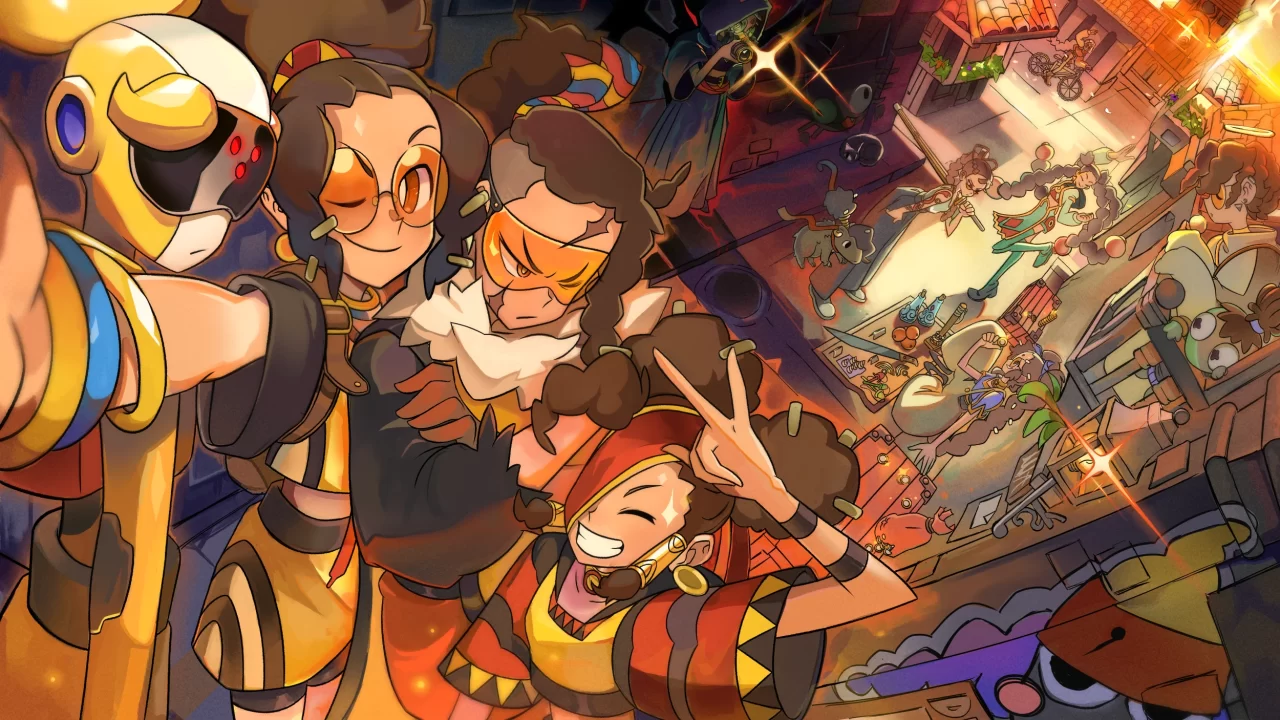
This design highlights the interplay between choice and identity. Alma’s decisions aren’t made in a vacuum—they’re shaped by the circumstances and options available to her. Similar to how Cris Tales explored themes of time, Prisma explores themes of space.
Even the enemies reflect this overall philosophy. Instead of fighting traditional villains, Alma faces other versions of herself, each with different goals. For example, a version of Alma that has been through more negative circumstances may reflect those attributes themselves. The question we all have to ask ourselves is: How might our worldviews change if we lived under different circumstances? This is a theme rarely explored in games, and I’m excited to see where the developers at Dreams Uncorporated take it.
Prisma pairs these philosophical undertones with inventive gameplay mechanics. First, the combat system draws inspiration from Hironobu Sakaguchi’s Fantasian. The “fisheye” mechanic allows you to control the path of your attacks, curving them to hit multiple enemies. You will have to time the attack properly for maximum effect, and the mechanic seems to make this component more difficult.
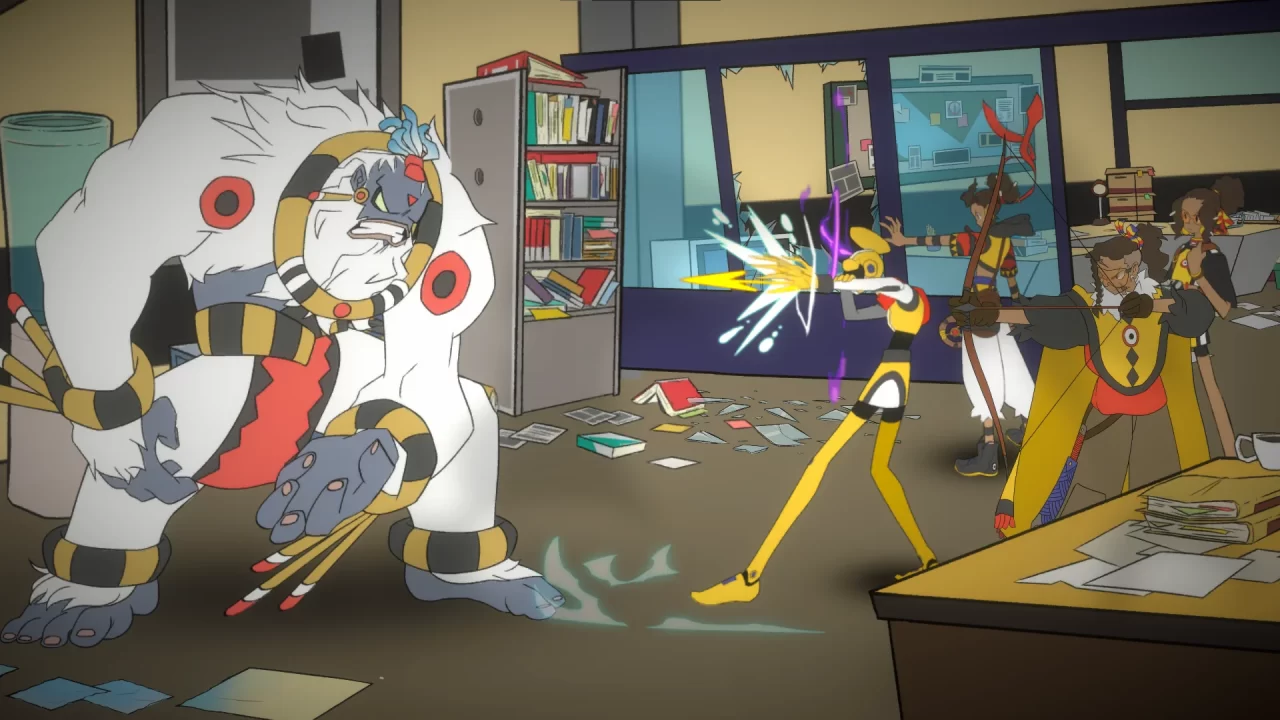

Another feature that stood out during the presentation is the Reflect mechanic. It is clear that the developers want to let you utilize this mechanic without making you feel overpowered. Reflect works as a counterattack system: when Alma is hit by a specific damage type, she can respond with her own attack. This way, the game can deliver the satisfying effect of the mechanic while maintaining balance.
Visually, Prisma is stunning, which comes as no surprise, as our Cris Tales review praised its intricate art style. The game combines beautifully animated 2D characters with a vibrant, fully realized 3D world. The graphics are very distinct, and fans will find plenty to admire. Even small details, like discovering that the shopkeeper is another version of Alma, add depth to the experience.
The director teased a mechanic where players can change the narrative by taking pictures. While this wasn’t fully explored in the presentation, it’s evident that this mechanic could offer the possibility to find secrets within Prisma. With that said, there has been criticism that Cris Tales did not fully utilize the “time” mechanic throughout its story, so it will be interesting to see if Prisma makes better use of what sounds like a core feature.
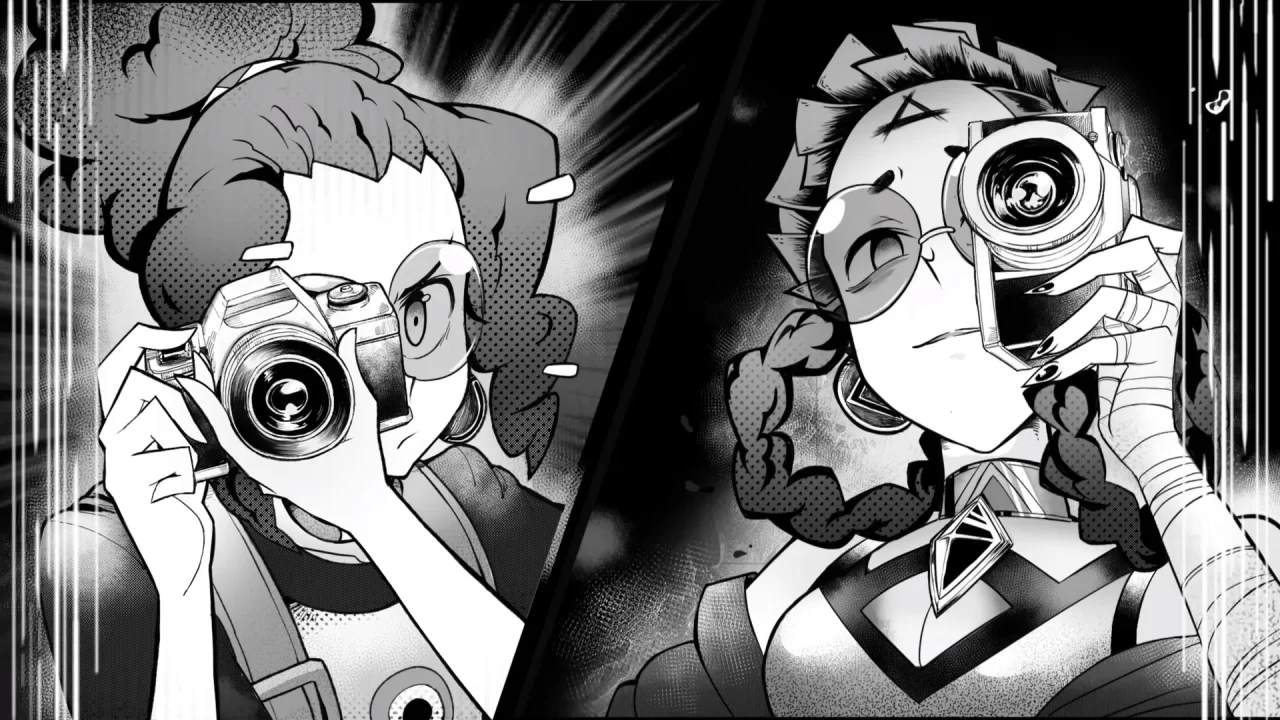

Departing from the medieval-inspired world of Cris Tales, Prisma embraces a unique, modern fantasy aesthetic. The developers are clear that they do not want to focus on the medieval setting again, so this is yet another aspect that sets it apart from the previous game.
By the end of the presentation, I was struck by the developers’ vision and Prisma’s potential to redefine what a JRPG can be. Its bold focus on exploring choice and circumstance illustrates an experience that could be as thought-provoking as it is engaging. What I’ve seen so far is certainly promising, but the true test will be whether the developers can fully deliver on these ideas in the final game.
For fans of Cris Tales or anyone drawn to JRPGs that take creative risks, Prisma could become something truly special. As a final note, I was genuinely impressed by how personable and passionate the developers are about their work. If any team deserves success, it’s this one.
Prisma does not have a specific release date yet, but a “2026” was spotted in one of this summer’s showcases. For more information, refer to the game’s Kickstarter and Steam pages. We also have several additional brand-new images below:
Prisma Artwork
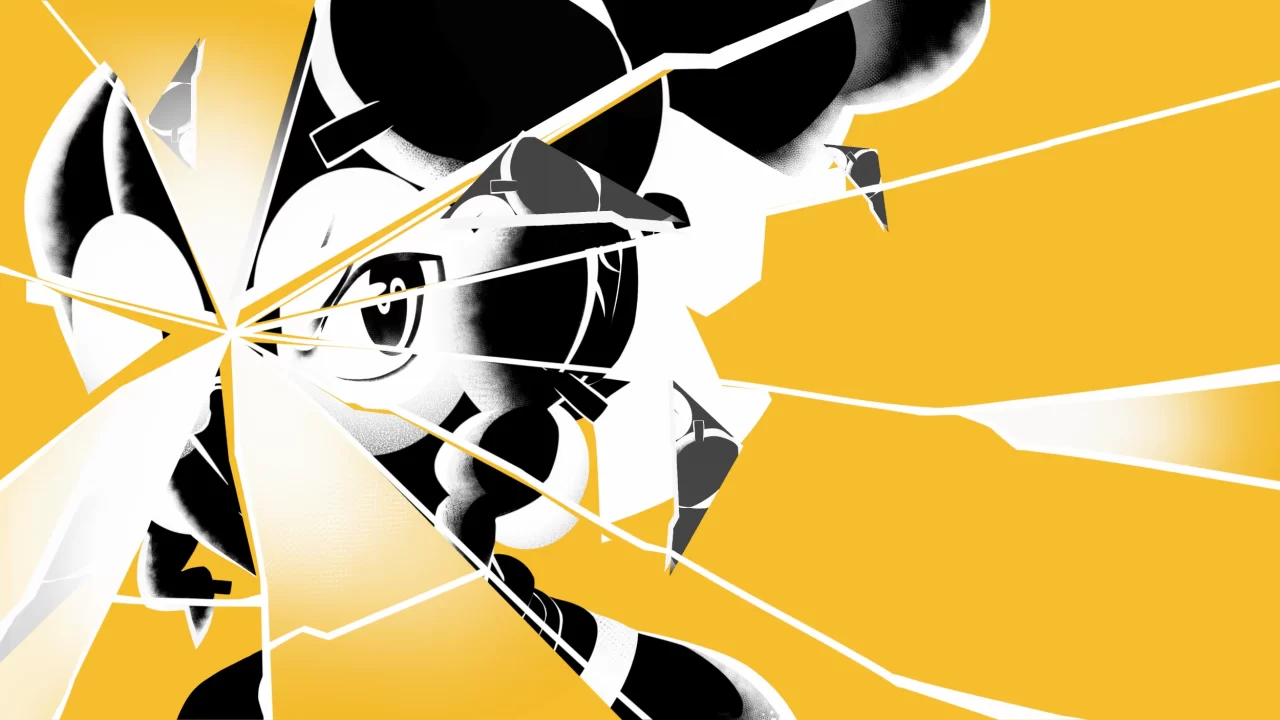

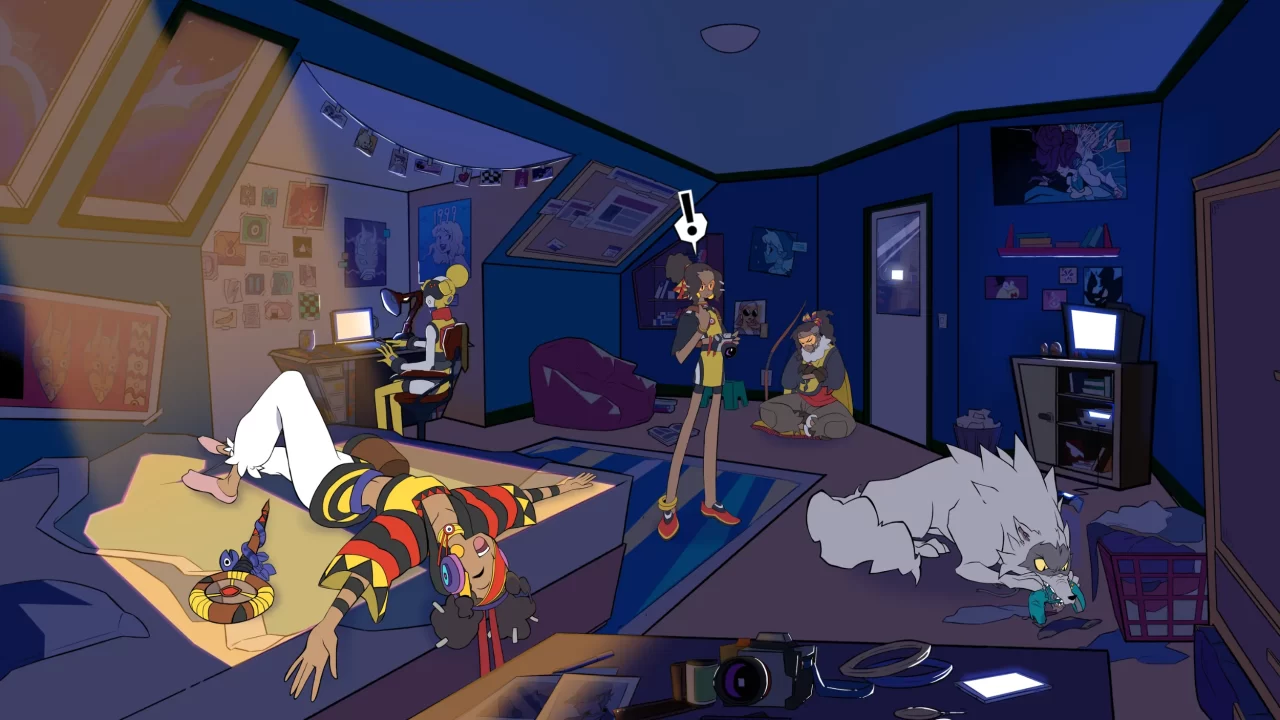

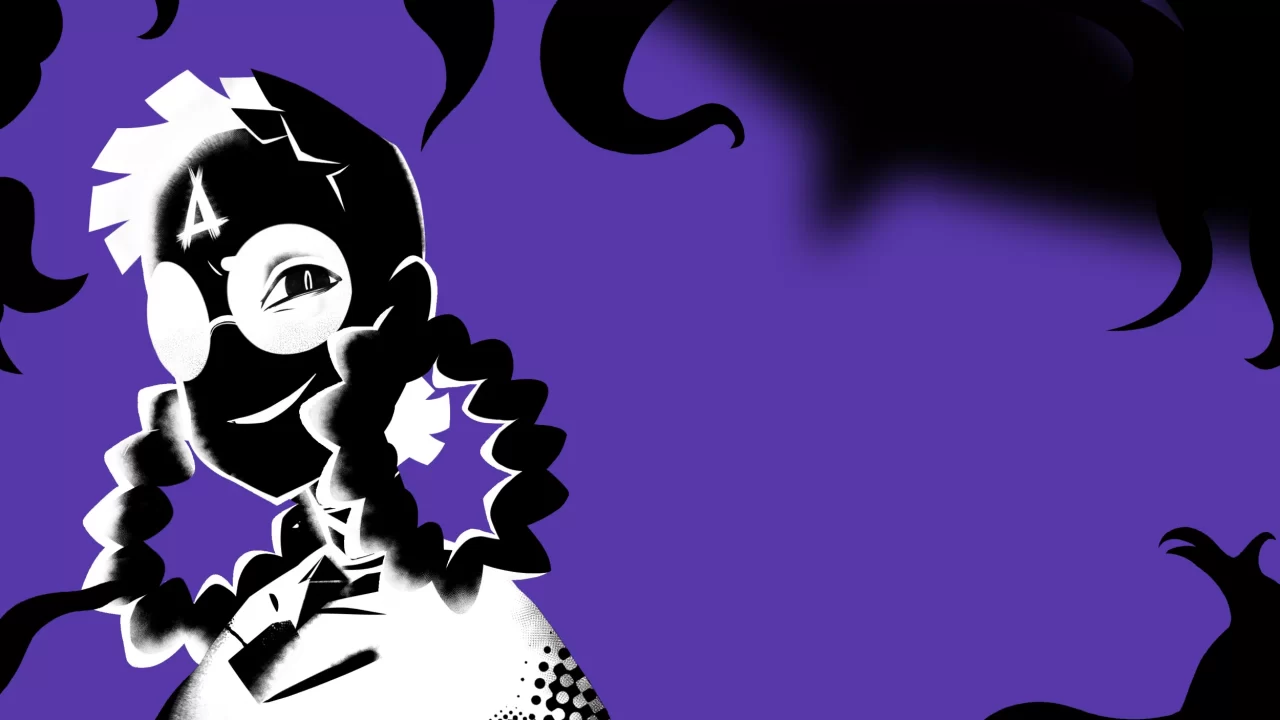





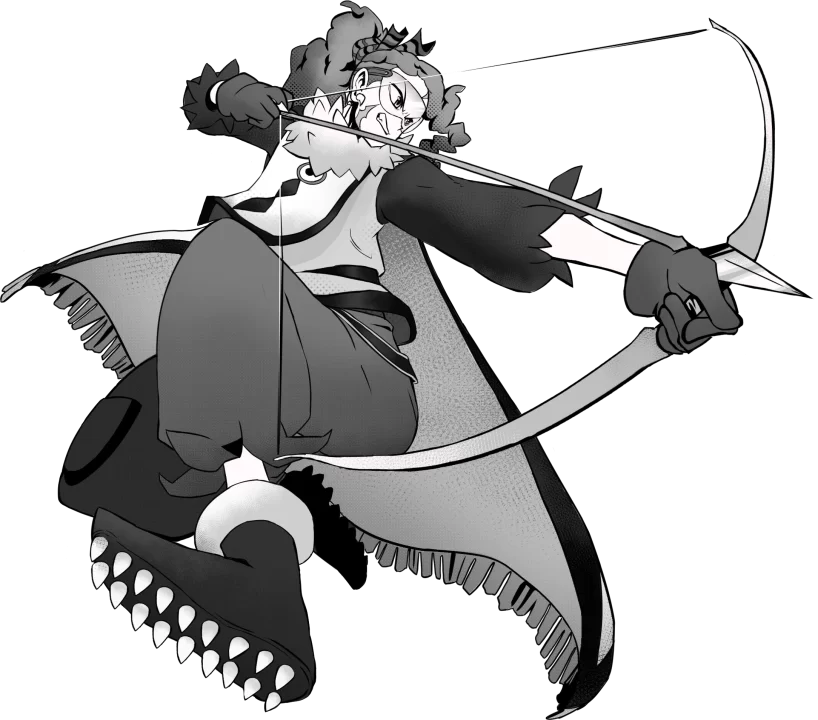

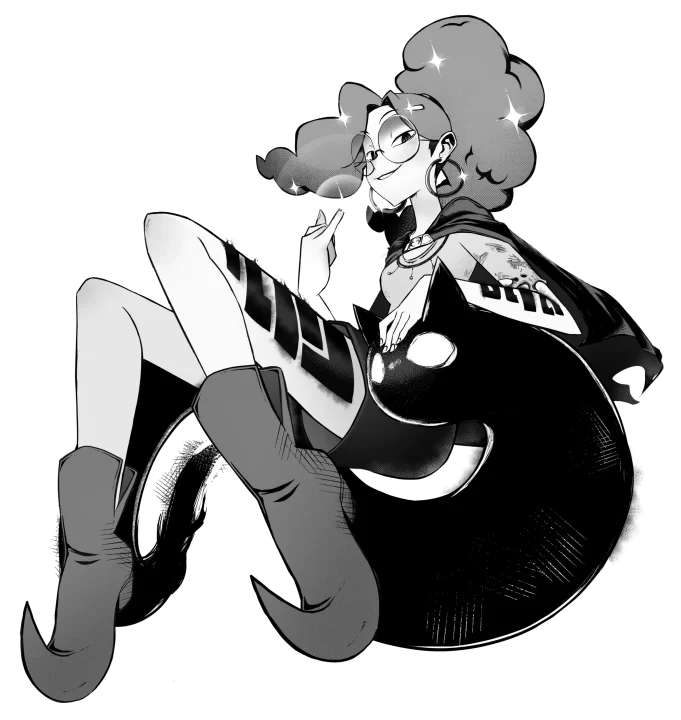

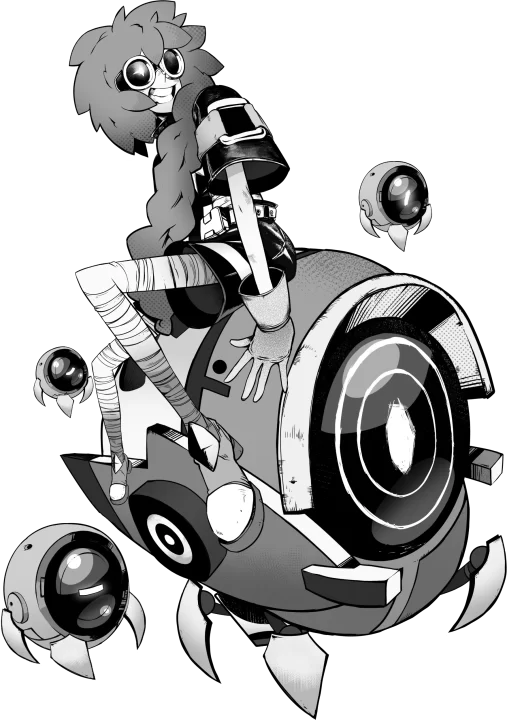

Prisma Screenshots
